9 Surefire Ways to Manage the Keto Flu and Power Through That First Week
Jun 3, 2019

Have you recently started a keto diet. Have you also recently been feeling “off” or downright bad? If you have, you may have turned to the Internet, Googling things like…
Keto diet and dizziness...can Keto diet cause headaches? Why am I craving sugar so badly on my new keto diet? Keto diet and weird foggy feeling in my head.
You are not imagining the relationship between your new diet and the way you feel. If you have been experiencing the following, you are not alone:
Nausea
Vomiting
Constipation
Diarrhea
Headache
Irritability
Weakness
Muscle cramps
Dizziness
Bad breath
Poor concentration
Stomach pain
Muscle soreness
Difficulty sleeping
Sugar cravings
Many keto dieters will not experience any of these things, or they will be mild enough not to cause a problem. But experiencing some (or a bunch) of these icky symptoms during the first week or so of a new keto diet is common enough among first-time keto dieters to have been dubbed, “the keto flu.”
Wonderful.
Relax. The good news is that these symptoms are temporary! (Though we should add that they are extremely common physical symptoms that could be associated with any number of conditions. You should always consult a doctor before starting a new diet or exercise routine, and the following content is NOT intended to be a substitute for professional medical advice, diagnosis or treatment.)
So why is your body freaking out right now? (And, yes, that’s actually a pretty accurate way to describe it). It’s because your body is adjusting to a lack of its main energy source — at least up until now — glucose. But wait, you read the articles. You heard about the science. The reason you started your keto diet in the first place was to become a fat-burning machine, right? So why don’t you feel like a streamlined, well-oiled precision instrument? Well, because you aren’t a fat burning machine - YET.
You are on an extreme low-carb diet. You’ve stopped eating carbs and sugars and instead are focused on high-fat proteins as your main food source. Your body now suddenly doesn’t have the levels of glucose (found in high amounts in carbs) it used to burn for fuel. It needs to learn to use fat instead, but it will take some time. When that happens, we say your body reaches “ketosis,” and that can mean effective and rapid weight loss (as well as a disappearance of these pesky symptoms).*
Not only is the keto flu temporary, but did you know you can actually ease the symptoms? If you understand what your body is lacking to cause your symptoms, you can give it what it needs and feel better.
Here’s how!
Nearly all keto flu symptoms are related to a loss of salt and water, so, increasing your intake of both can help reduce many of your symptoms.
Low-carb experts say to maintain proper electrolytes you need the following daily:3000- 5000 mg of sodium chloride (salt)
4,700 mg of potassium
300 mg of magnesium (chelated)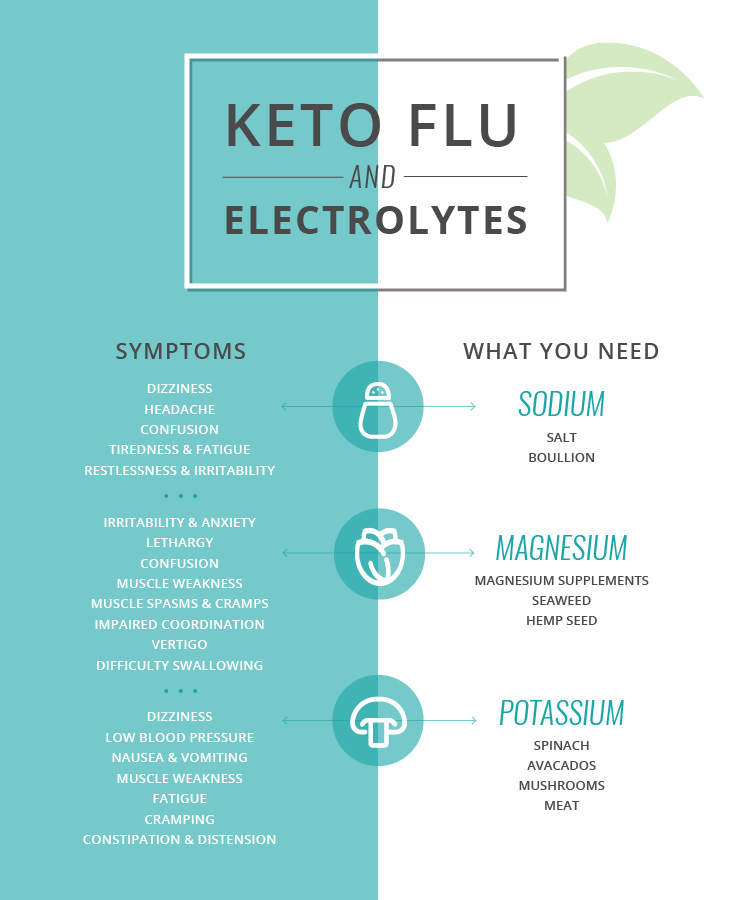
Here Are 9 Ways to Help Prevent and Reduce Symptoms of the Keto Flu
1) Water is your best friend, so stay hydrated.
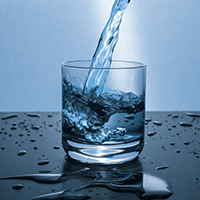
Staying fully hydrated is crucial as your body adapts to its new fuel source. A good rule of thumb is to drink at least one-half of your body weight in ounces. So, if you weigh 200 pounds, you should be drinking at least 100 ounces (nearly a gallon) of water a day. (It wouldn’t hurt to drink even more than that, as that’s pretty much the bare minimum.)
You can make sure you’re doing this by filling water bottles and having them ready to go throughout the day. You should also log how much you’re drinking to ensure you’re getting the proper amounts.
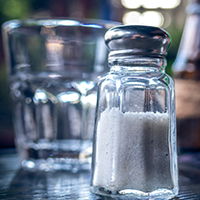
2) Boost salt intake.
When your body is low on sodium as it adapts to no carbs in that first week, a glass of salt water could be just the thing you need to feel better, especially when symptoms arise. Add half a teaspoon of salt to a glass of water and expect to feel better in about 15 minutes.
(You can make salt water a little more bearable by giving it the “keto water” twist: Mix a glass of club soda with a half teaspoon of pink salt and a tiny twist of lime or lemon.)
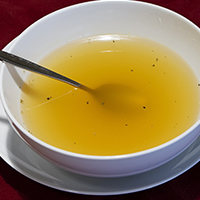
3) Sip on a little bone broth.As we said, keto flu symptoms are a direct result of electrolyte imbalances. Luckily, there’s bone broth, which has a good mix of those nutrients you’re missing: calcium, sodium, potassium and magnesium. Drink a couple glasses of bone broth each day to restore those electrolytes.
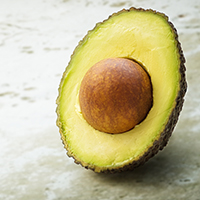
4) Eat lots of leafy green vegetables and certain fruits
(like avocados and asparagus, for example).While many starchy vegetables and fruits are limited on the keto diet, leafy green veggies and things like carrots and onions are a great source of nutrients like fiber. They can go a long way towards balancing electrolytes and relieving constipation. (You can find a list of good veggies for keto diets here.)

5) Limit strenuous exercise.Your muscles and body will likely be pretty fatigued in that first week. Don’t make it worse by trying to do your usual running, biking or weight lifting. Now’s the perfect time for a week of rest.

6) Lighter activities are your friend.While strenuous exercise is probably not the greatest idea, lower impact exercise (think walking, yoga or leisurely bike rides) can actually improve symptoms.
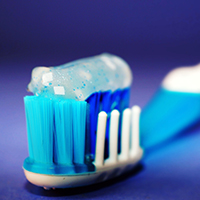
7) Brush your teeth at least three times a day.That whole bad breath thing can take a lot of people new to the keto diet by total surprise. But yes, it really is a thing. Keep bad breath at bay with plenty of trips to the bathroom for a teeth-brushing session, mouth rinse and maybe even sugar-free gum.

8) Get your snooze on.Insomnia can be a keto flu symptom. But if you ARE able to get in some quality sleep, now’s definitely the time to make it a priority.
(Struggle getting to sleep? Try things like limiting caffeine intake several hours before heading to bed, cutting out ambient light and taking a bath. You can find some tried-and-true tricks to get to sleep faster here.)
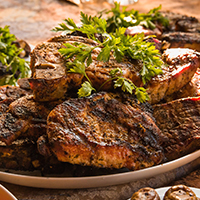
9) Eat lots (lots!) of protein.That first week is not the time to worry about how much protein you’re eating. Make sure you’re packing your diet with all those keto-friendly foods and snacks: Chicken, steak, eggs, leafy vegetables, cheese, etc. While you may experience some serious carb and sugar cravings at first, studies show that in the long run, a keto diet will generally reduce cravings for those foods.
Do you have a way to combat the keto flu that we missed? Share it in the comments below!
------------------------------------------------------------------------------------Author: Caitlin H
Diet-to-Go Community Manager
Caitlin is the Diet-to-Go community manager and an avid runner. She is passionate about engaging with others online and maintaining a healthy, active lifestyle. She believes moderation is key, and people will have the most weight loss success if they engage in common-sense healthy eating and fitness.










